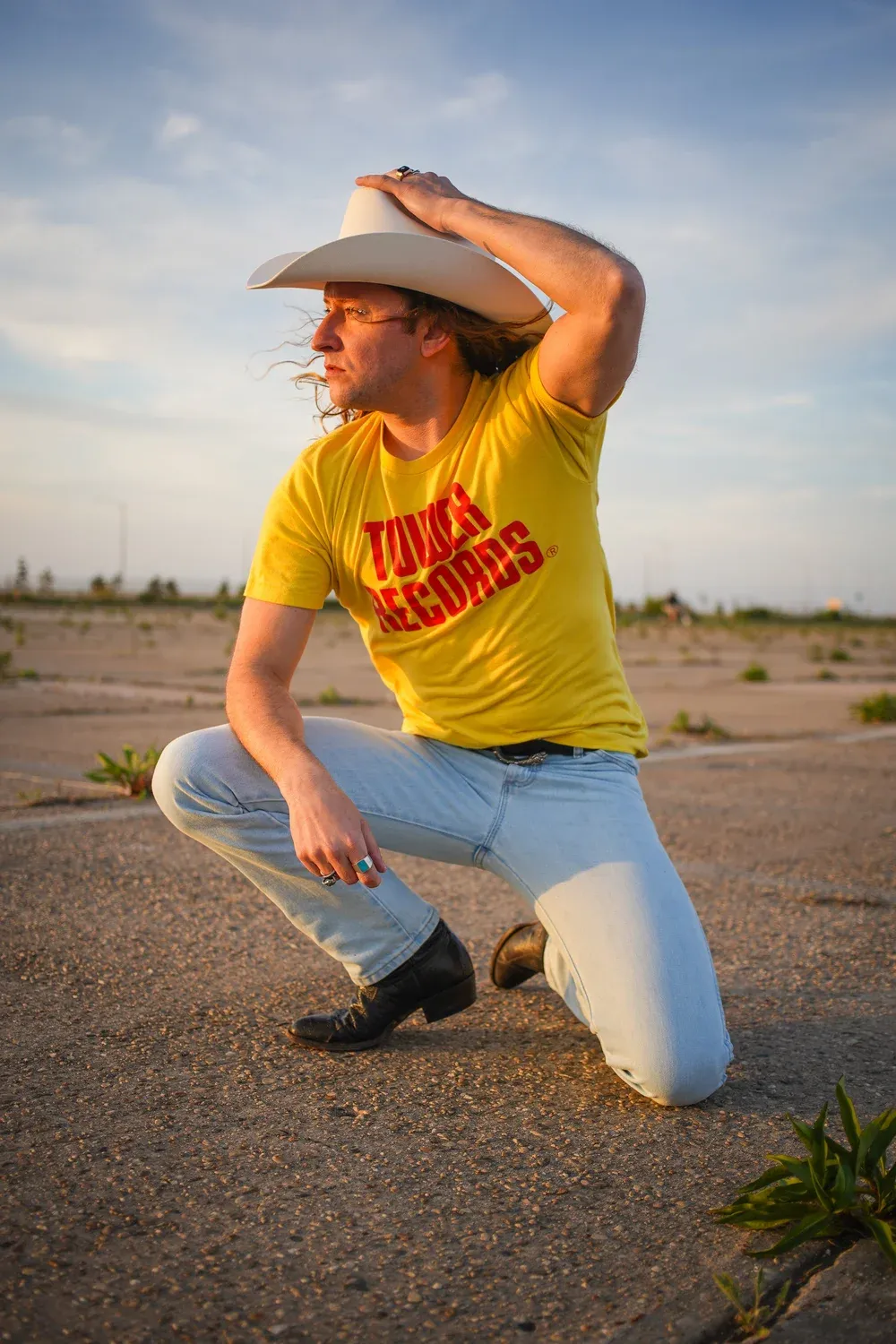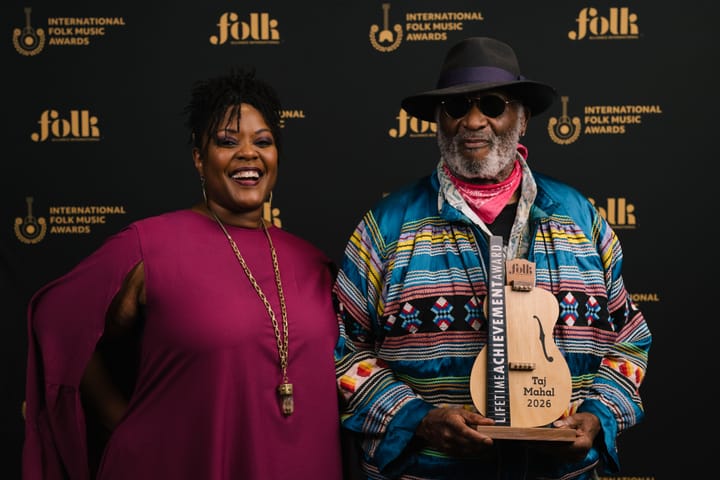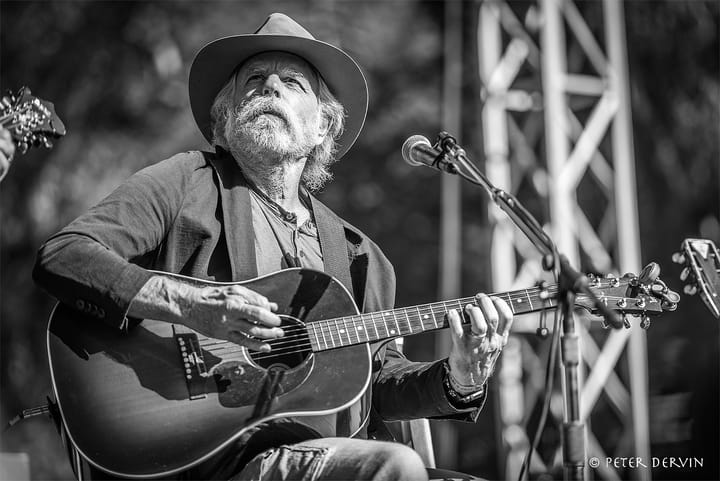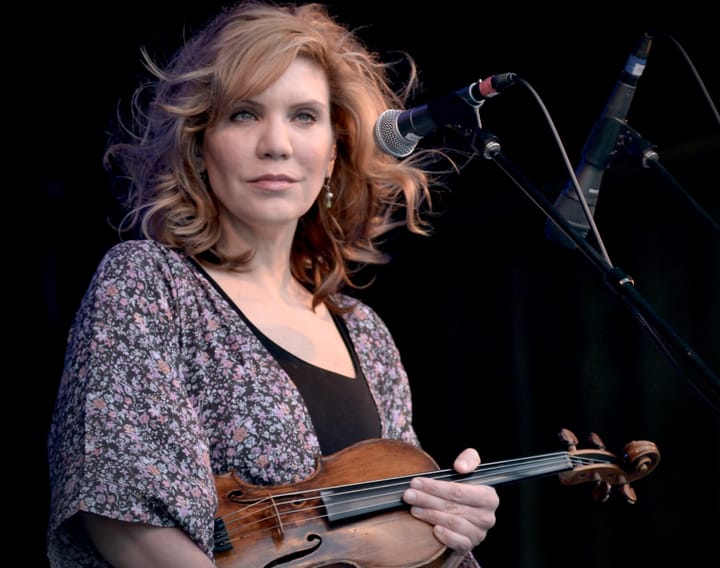Last time around, I wrote about Karen Pittelman setting the stage for a generation of LGBTQIA+ artists in country and roots music. Paisley Fields is one of the artists from that Queer Country Monthly series whose path is in step with the scene’s general expansion and broader acceptance. This isn’t just a story about an indie musician ever-so-slowly climbing the mountain of bullshit artists put up with. Paisley represents the deep community work that makes queer country so special: a bridge between generations and scenes, Paisley keeps Lavender Country’s legacy alive while connecting the polish of Nashville’s queer country scene to the Brooklyn scene’s rebellious roots.
In the spirit of radical honesty, I wasn’t sure how to take in Paisley’s music when I first heard it – I kind of dissed it, actually. It’s not every day you see a piano player leading a country band, but Paisley has never been shy about doing things their way. 2013’s Dixie Queen has the seeds of what makes Paisley’s music so memorable: 1990s country hooks with lyrics that balance a sassy sense of humor with Paisley’s inherently gentle view of the world. Hailing from Hudson, Iowa and having spent time in Japan, these songs – as well as 2015’s Oh These Urban Fences… center on Paisley finding their place in the big wide world. While, in my view, these early songs lack a certain edge, there is one thing Paisley does not hold back on: they are unabashedly queer.
Windows Fogged Up In Your Pickup Truck | Paisley Fields
Paisley’s focus began to sharpen after that. I’m speculating here, but I believe this was around the time Paisley and I met Patrick Haggerty at a Gay Ole Opry show in 2017, not long after Lavender Country had been re-released. Paisley’s next album, Glitter & Sawdust, finds them exploring their own gender identity (on “Periwinkle”) while displaying their creativity and puckish sense of humor – “I Could Be Drinkin’” is a perennial crowd-pleaser, while “Winchester’s Gun” delves into the mania behind the Winchester Mystery House. Yet it’s Paisley’s cover of “Where Do The Children Go” that brings those light-hearted winks into focus: beneath the smile is a world of pain and rage against those who try to suppress queer expression.




